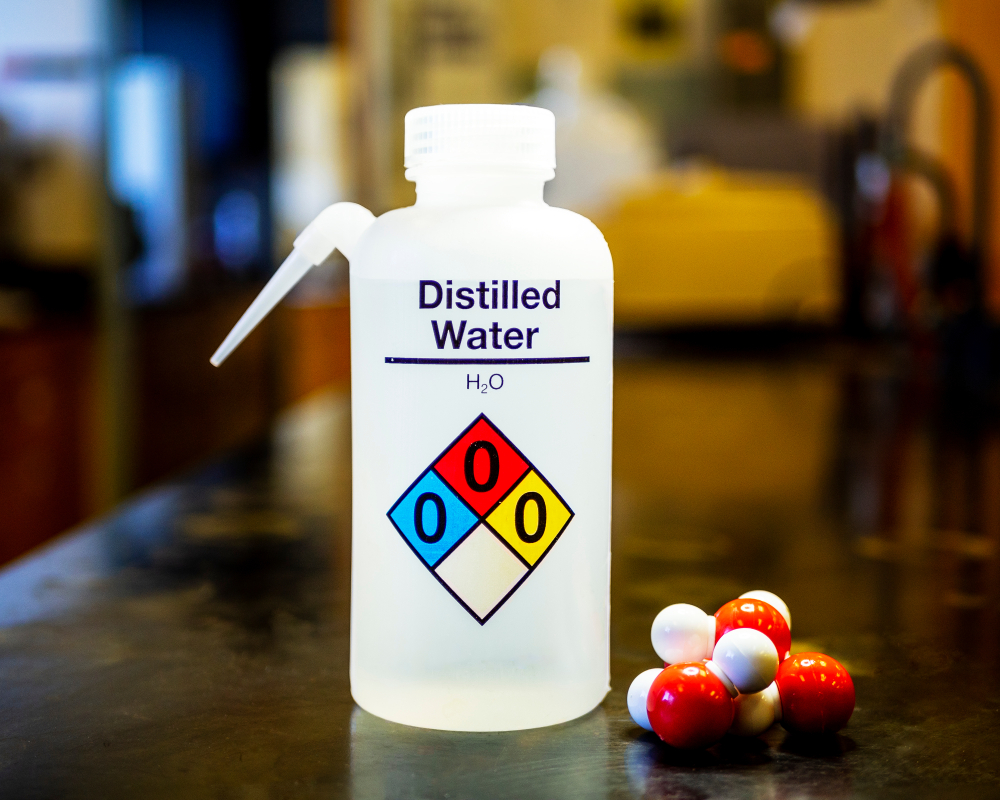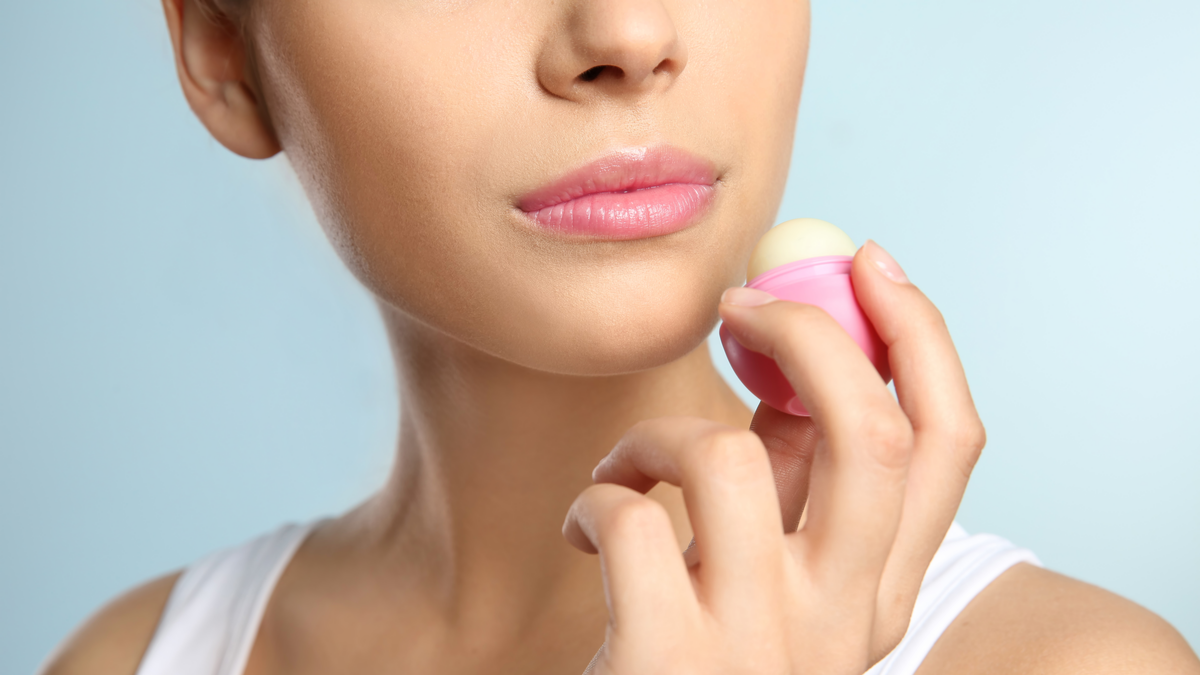When it comes to staying hydrated, water is essential, and many college students may wonder if distilled water is a good option. Distilled water is often used in appliances like irons, CPAP machines, or even automobiles, but is it safe for consumption? In this article, we’ll break down everything you need to know about distilled water, from its safety to potential effects on your student health.
What is Distilled Water?
Distilled water is water that has been purified through a process known as distillation, which involves boiling water to create steam and then cooling it down to form liquid water. This process removes minerals and impurities, resulting in water that’s free of any dissolved substances. While it’s often used in household appliances, it’s important to understand whether it’s safe to drink, especially for college students managing their health.
Is Distilled Water Safe to Drink?
Yes, distilled water is considered safe to drink. While it lacks the beneficial minerals like magnesium and calcium that are found in spring water or tap water, it isn’t toxic. However, it doesn’t provide the same health benefits as mineral-rich water. For college students with a healthy, balanced diet, occasional consumption of distilled water is unlikely to cause harm. In fact, it may even be a good option if you’re in an area where tap water quality is questionable.
Potential Drawbacks of Drinking Distilled Water
While drinking distilled water is generally safe, there are some things to keep in mind:
- Lack of Essential Minerals: Unlike mineral or spring water, distilled water lacks important minerals that are beneficial for your health. If you’re drinking distilled water, it’s important to make sure you’re getting enough minerals from your food. Eating a balanced diet rich in fruits, vegetables, and whole grains can easily compensate for this deficiency.
- Leaching of Chemicals: Distilled water can pull in chemicals from containers, especially plastics that contain BPA. To avoid this, store distilled water in glass containers or BPA-free bottles.
- Taste: Many people find distilled water to be “flat” or “bland” because it lacks the natural minerals found in spring water. If you’re not fond of the taste, consider adding natural flavor enhancers like lemon, cucumber, or mint to your water to boost its flavor and add some extra nutrients.
When Should You Drink Distilled Water?
Distilled water can be a great option in specific circumstances. If you’re traveling to a location where the tap water is not safe to drink, distilled water can be a healthier alternative to avoid exposure to contaminants. Also, if you’re using distilled water to hydrate after a workout or during long study sessions, consider mixing in some electrolytes or natural fruit juice to replace any missing nutrients.
Is Distilled Water Right for You?
Distilled water isn’t harmful if consumed in moderation, especially if you maintain a balanced diet. It’s unlikely to give your body extra nutrients, but it won’t deprive you of essential ones either, as long as you’re eating a variety of nutrient-rich foods. For college students focusing on staying hydrated and maintaining student health, distilled water is safe to drink in a pinch, but make sure to get your minerals from other food sources. Just be mindful of the storage and taste to ensure that drinking it is both safe and enjoyable.





